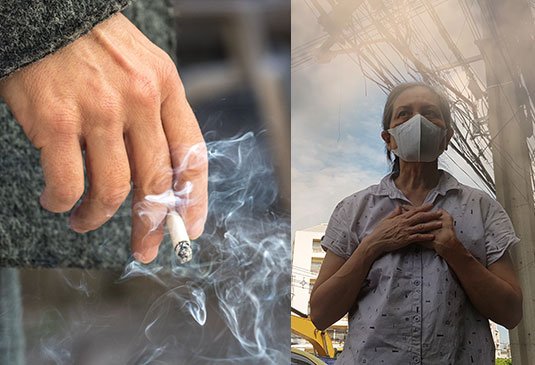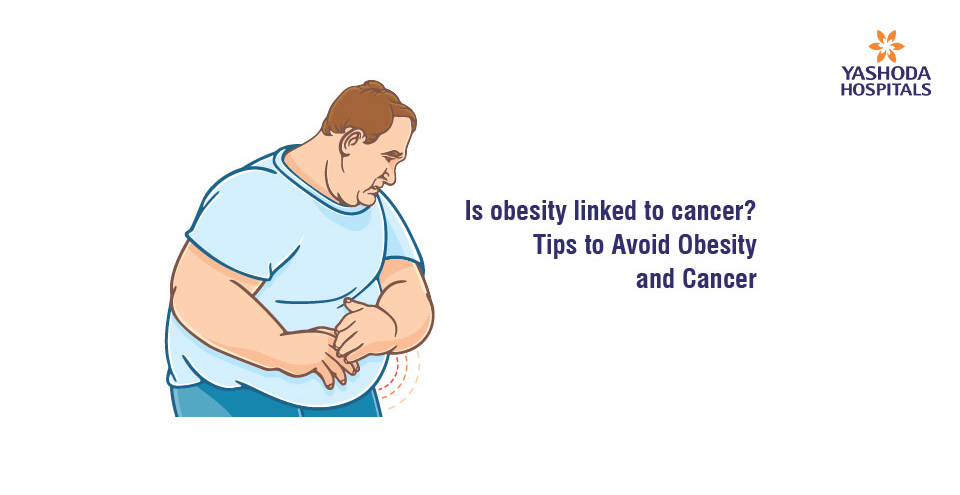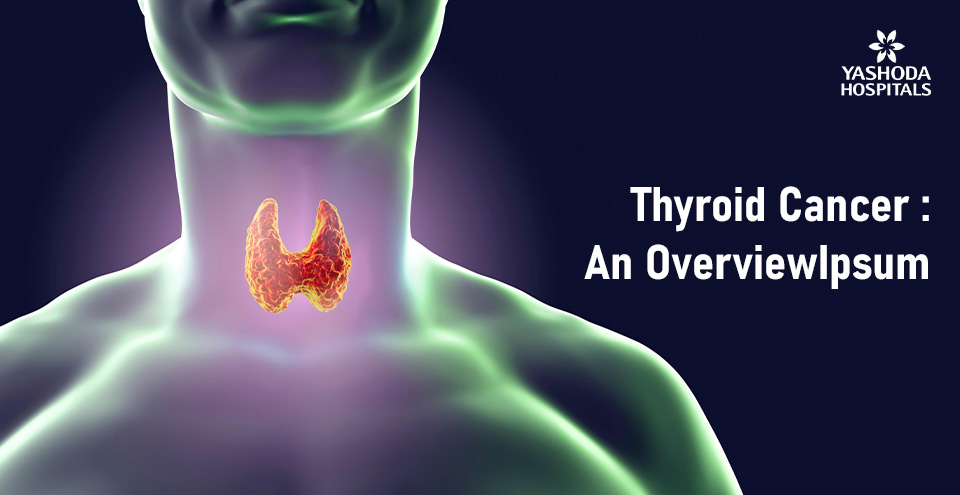causes & risk factors of lung cancer
A large greater majority of lung cancers can be attributed to tobacco smoking, either in active smokers or in people who are exposed to secondhand smoke. However, there are also instances when lung cancer occurs in people who have not been exposed to prolonged duration of smoke, either direct or secondhand. Smoke damages the cells of the lining of the lungs. The body may be able to repair this damage to a certain extent. However, with prolonged exposure, the ability to repair damage diminishes and the cells begin to act abnormally and eventually become cancerous.
Some other risk factors include:
- Exposure to carcinogen gases: Radon a colorless, odorless, radioactive gas is formed due to natural breakdown of heavy metals like uranium present in rocks and seawater. Radon can also reach unsafe levels in closed residential and office spaces.
- Exposure to carcinogens like asbestos: Substance like asbestos, arsenic, chromium, and nickel are known carcinogenic and can increase a person’s risk of developing lung cancer when exposed to them, more son in case of a smoker.
- Family history of lung cancer: Individuals with a history of lung cancer in a parent, sibling or child are at a higher risk of the disease.
- Compromised immune system: Persons with weakened immunity have a compromised ability to fight infections and repair damage from obnoxious stimuli. For example, people with HIV, patients on long term steroids, etc

Patient Testimonials For Cancer

















 Appointment
Appointment WhatsApp
WhatsApp Call
Call More
More

